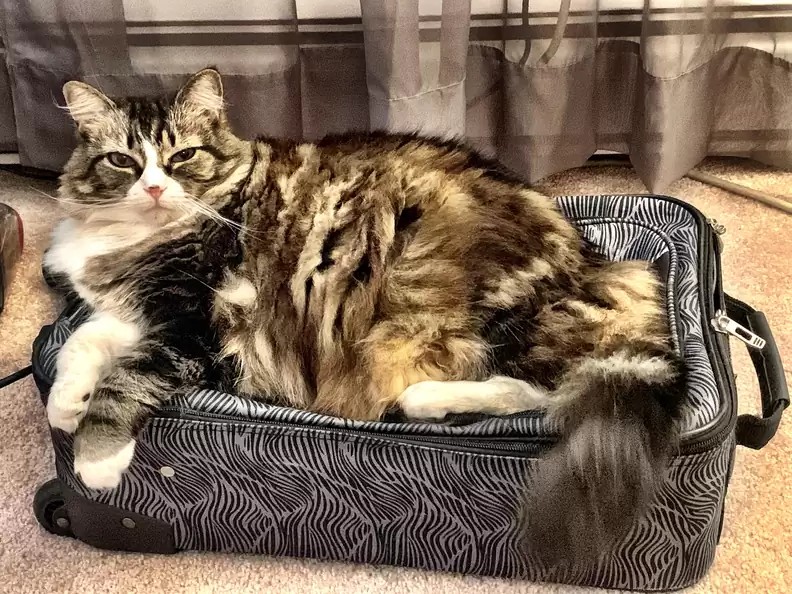Going out of town and leaving your beloved senior pet in a pet sitter's care can cause a great deal of unnecessary worry and stress. By preparing your pet sitter for your senior pet's needs, you can ensure they have the tools to provide proper medical and nursing care to keep your furry friend happy and healthy. Before setting out on vacation and leaving your pet, prepare your pet's caretaker in these five ways.
1. Ensure your pet sitter is comfortable caring for a senior pet
Pets in different life stages have varying needs. A puppy or kitten requires more devoted attention and care than a healthy adult pet, and a senior pet with a medical condition also requires extra care. Although many pet lovers can easily manage to care for a young, healthy adult pet, a senior pet can be more challenging, so ensure your pet sitter is up to provide additional care.
2. Set up an initial meet-and-greet between your pet sitter and senior pet
If you search for a pet sitter online through a pet-care website like Rover.com or Care.com, you may not know your pet sitter or meet them in person until their first day on the job. Rather than waiting until you're leaving town to introduce your pet and their caretaker, schedule an initial meet-and-greet. This will allow your senior pet to become comfortable and familiar with the pet sitter and allow you to share key details about your pet's care. Additionally, the pet sitter will have time to fully consider the requirements of caring for a senior pet, especially if they are incontinent, blind, deaf, or need multiple medications. The pet sitter should know up-front what they're getting into, so they can commit to caring for your senior pet who may have special needs.
3. Instruct your pet sitter on how to administer your senior pet's medications
Many senior pets have an extensive list of daily medications they need for chronic conditions. If your pet has their own pill organizer, leave detailed instructions on the medications needed and when, along with tips and tricks on how your pet best takes their medication. Although most pet sitters are familiar with oral medications, other treatments, like insulin injections or subcutaneous fluids, require more skill and experience. Ensure your pet sitter can administer these treatments and can demonstrate their technique to verify that your pet will receive proper care while you are gone.
4. Leave your pet sitter a list of your senior pet's potential medical problems
Senior pets with chronic medical conditions can experience varying symptoms that may flare up while under your pet sitter's care. Warn them about potential issues they should watch for should your pet need additional medical treatment. For example, a diabetic pet may have excessive thirst, urination, and hunger if their blood sugar becomes too high. If their blood sugar drops too low, they can become lethargic, have difficulty walking, become disoriented, or have seizures. Both issues require veterinary care that cannot wait until you return home.
5. Provide your pet sitter with emergency veterinary contact information
You can't immediately rush to your pet's side during a medical emergency when you're out of town. Provide your pet sitter with a list of emergency contacts, including your family veterinarian and a local emergency veterinarian. Authorize the sitter to make medical decisions or ensure you are always accessible should a veterinarian need to speak to you about your pet's condition. Alert your veterinarian that you will be leaving your senior pet in the care of a pet sitter and be sure you have payment details on file with your clinic or your pet sitter in case of emergency.
If your senior pet has a chronic medical condition or other debilitating diseases, consider veterinary hospice care to provide additional nursing care for your pet while you are away. You can call our office at (802) 871-2329 to schedule a telemedicine.


